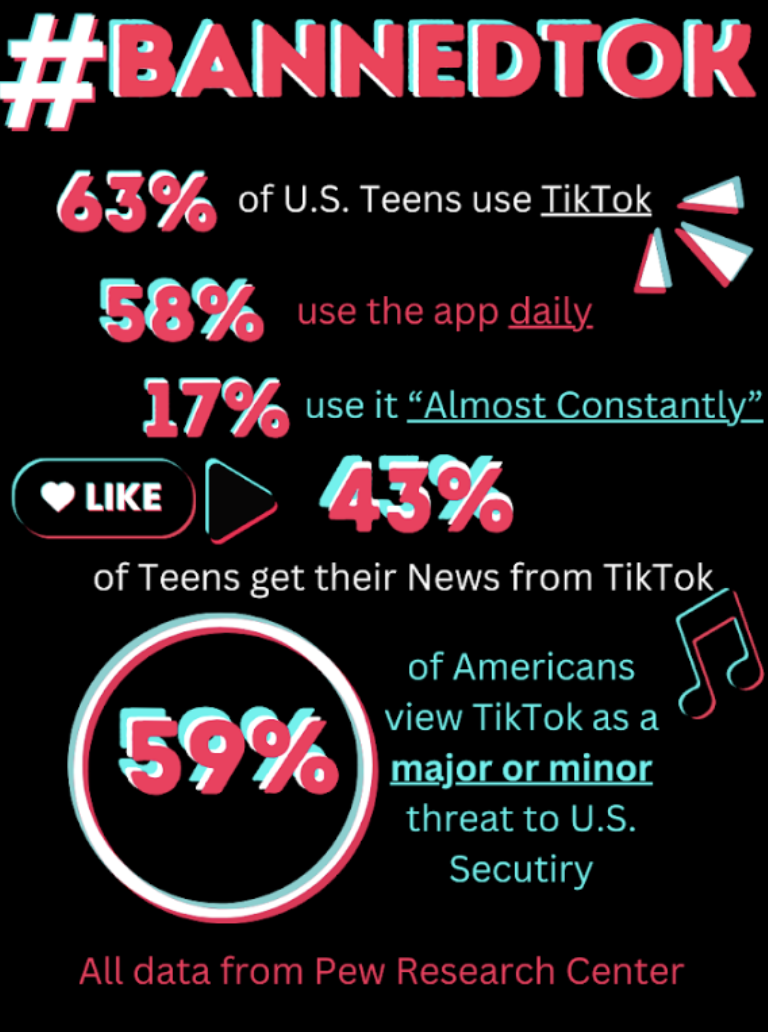Zach Horowitz ’19 & Melanie Lust ’19
When *Emma walks into the school cafeteria at 7:16 a.m, anxious thoughts are crippling her emotionally and physically. She can feel the anxiety tightening her chest. As she walks through the hallway, a person’s glance in her direction sends her mind racing. She keeps her head down, plugs in her headphones and attempts to just walk.
Emma is among the 84 percent of Staples students who described their general anxiety levels during the school year as being either somewhat anxious, very anxious or constantly anxious in a poll conducted by Inklings at the beginning of this month. Additionally, 19 percent of students reported having been diagnosed with an anxiety disorder.
Measures such as the homework-free break initiative, implemented by Principal James D’Amico before Thanksgiving break, have attempted to reduce student stress.
“High school students are balancing so many things, and homework is an important part of their academic success,” D’Amico said. “However, I think that we are all so connected all the time that a school break should truly be a break from school to the greatest extent possible.”
Some students, such as *Brandon, believe the homework-free break is a necessary and useful plan that will help reduce the level of anxiety throughout the school.
“I actually think it is the best thing that the Staples administration has ever done to combat or even address the anxiety that many students face at Staples,” Brandon said.
However, there are other students who view the homework free break as an agreeable proposal but simply not a cure.
“I think that, hypothetically, it can help,” Ella Jarvis ’18, who reported sufferings from daily anxiety, said. “But teachers still assign tests and work a day before break, or two days after students get back from break.”
William Plunkett, Director of Guidance, deals first-hand with the effects of a large population of anxious students.
“So often we see students who fall out or are having difficulty getting through the school day and may end up in the nurse’s office, or may come here for support,” Plunkett said. “We see students who avoid school altogether, which is really concerning for us. Any time students start to develop patterns around their attendance that are concerning, we definitely want to intervene.”
Emma said that the Staples environment triggers her anxiety, which she copes with by skipping class.
“My mind goes on a whole spiral of thoughts and rushes with negative thoughts such as grades, friends, and everything just hits hard and I shut down,” Emma said.
According to school counselor Thomas Brown, in addition to causing emotional symptoms, anxiety can be responsible for psychosomatic symptoms such as headaches and feeling nauseous. Brown also said that anxiety can result in homework incompletion if a student feels overwhelmed or feels that their work is too inadequate to turn in.
In the previously-referenced Inklings survey, 94 percent of students cited “schoolwork” as a factor that contributed to anxiety. Additionally, 66 percent of students listed “college” as the factor that contributed most to their anxiety. Other reported sources for student anxiety include extracurricular activities, family pressure, friendships and personal issues.
Brandon, who is diagnosed with Generalized Anxiety Disorder, says that school is the main source for his anxiety.
“I don’t think there’s one particular thing that would actually contribute [to my anxiety] more or even nearly as much as the school environment,” Brandon said. “But I don’t mean just the work. I mean the entire Staples environment.”
Brandon described many teachers’ misunderstanding of mental illness, social categorization and comprehending academic content as prominent components of Staples’ competitive climate that worsen his anxiety.
“[Anxiety isn’t] something that can be cured; it’s something that [students] experience for the rest of their lives,” Plunkett said. “So finding ways to cope and develop resilience and skills to be able to manage their anxiety is what we’re hoping for.”











































